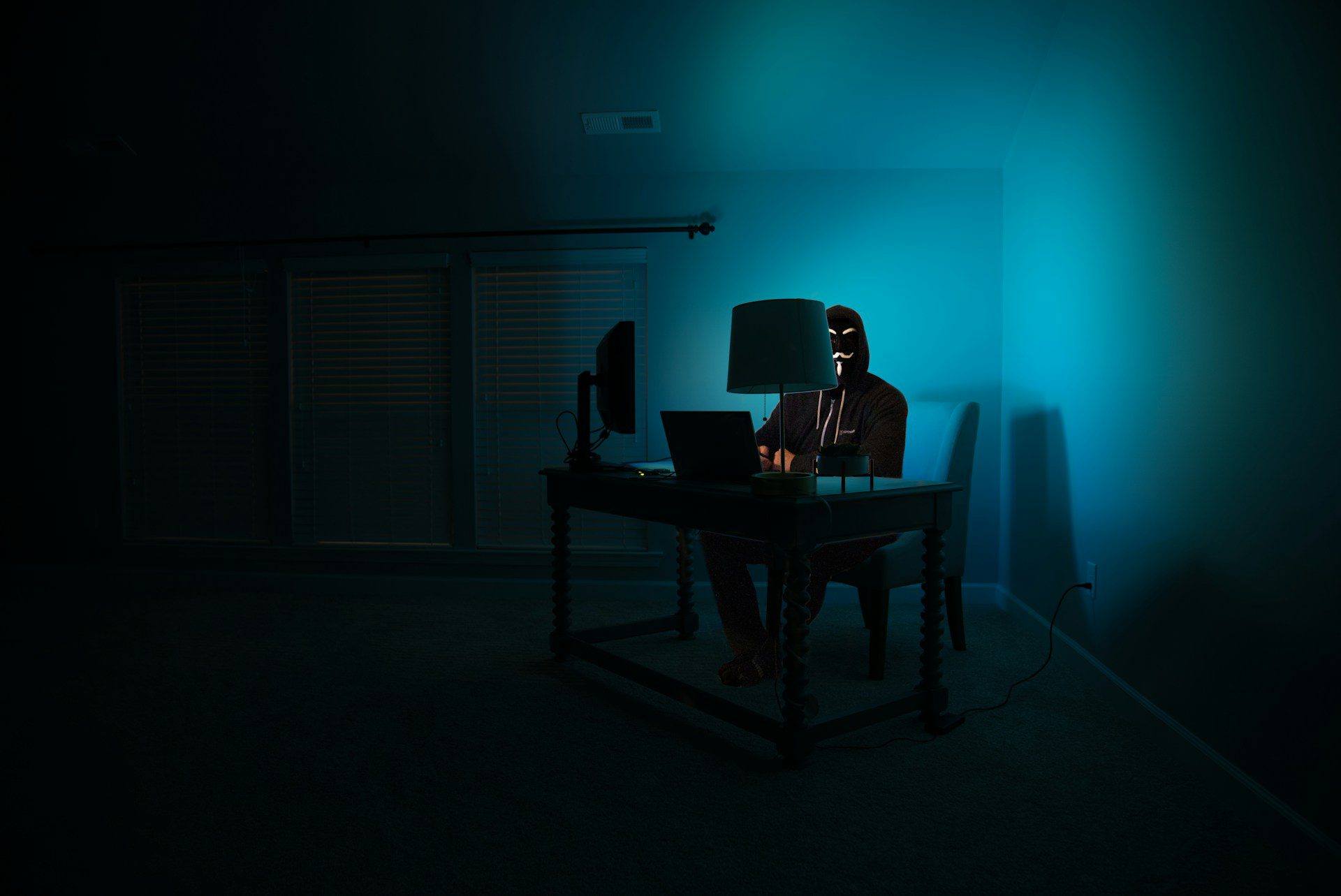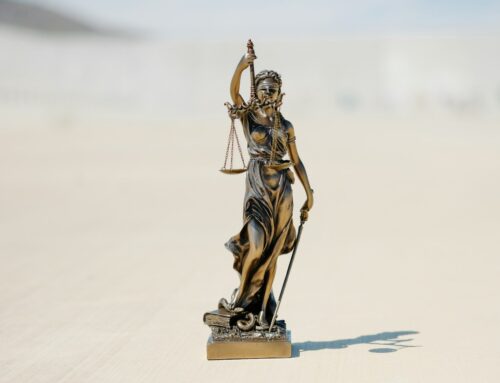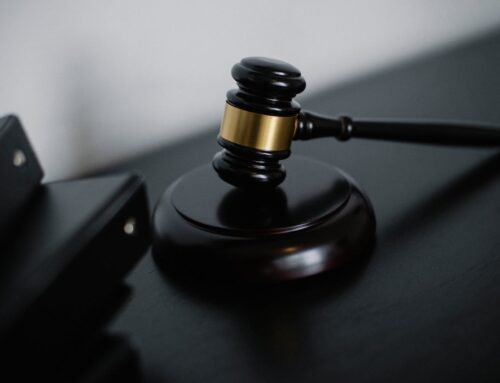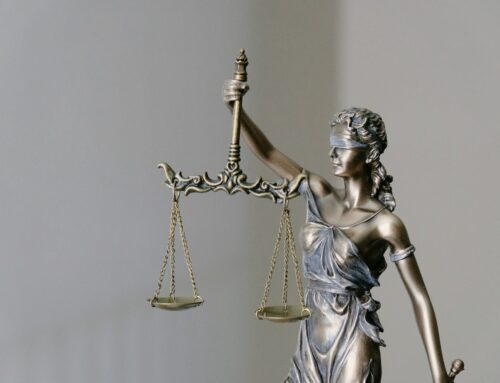In today’s digital world, online relationships are common, but unfortunately, not all online identities are real. Catfishing—where someone creates a fake identity to deceive others—can lead to emotional, financial, and even reputational harm. But what legal options do victims in Ireland have?
What is Catfishing?
Catfishing typically involves someone misrepresenting themselves online, often for financial gain, personal amusement, or emotional manipulation. While catfishing itself is not a specific criminal offence in Ireland, the actions associated with it—such as fraud, harassment, or defamation—can have legal consequences.
Legal Remedies for Victims
- Fraud and Deception
- If a catfisher tricks someone into sending money or goods under false pretences, this could amount to fraud under the Criminal Justice (Theft and Fraud Offences) Act 2001.
- Victims can report such incidents to An Garda Síochána and may have civil remedies to recover lost funds.
- Harassment and Stalking
- If the catfisher engages in persistent or threatening behaviour, it may constitute harassment under the Non-Fatal Offences Against the Person Act 1997.
- The Harassment, Harmful Communications and Related Offences Act 2020 (Coco’s Law) also provides protections against online abuse, including impersonation.
- Defamation and Reputation Damage
- If a fake profile is used to spread false information that damages a person’s reputation, they may have a case under the Defamation Act 2009.
- Victims can seek damages and request the removal of defamatory content.
- Image-Based Abuse
- If a catfisher shares intimate images without consent, this is now a criminal offence under Coco’s Law, carrying serious penalties.
- Data Protection Breaches
- If personal information is misused, victims may have recourse under the General Data Protection Regulation (GDPR) and the Data Protection Act 2018.
- Complaints can be made to the Data Protection Commission (DPC).
What Can You Do If You’re a Victim?
- Report the Catfisher to the social media platform or dating site.
- Contact An Garda Síochána if you have been defrauded, harassed, or defamed.
- Seek legal advice to explore civil actions for damages or injunctive relief.
If you’ve been affected by catfishing and need legal guidance, our firm can help you understand your rights and take appropriate action.
Disclaimer
*In contentious business a Solicitor may not calculate fees or other charges as a percentage or proportion of any award or settlement
**This information is for guidance purposes only. It does not constitute legal or professional advice. Professional or legal advice should be obtained before taking or refraining from any action as a result of the contents of this publication. No liability is accepted by McElhinney & Associates for any action taken in reliance on the information contained herein. Any and all information is subject to change.
About the Authors
Jolene McElhinney, BBLS, Principal Solicitor
Jolene McElhinney is the founding principal of McElhinney & Associates, renowned for her expertise in employment law and personal injury claims across the North West of Ireland. With a distinguished academic background and over a decade of experience, Jolene is dedicated to providing personalised, expert support to her clients, ensuring they navigate the complexities of the legal landscape with confidence and clarity.






